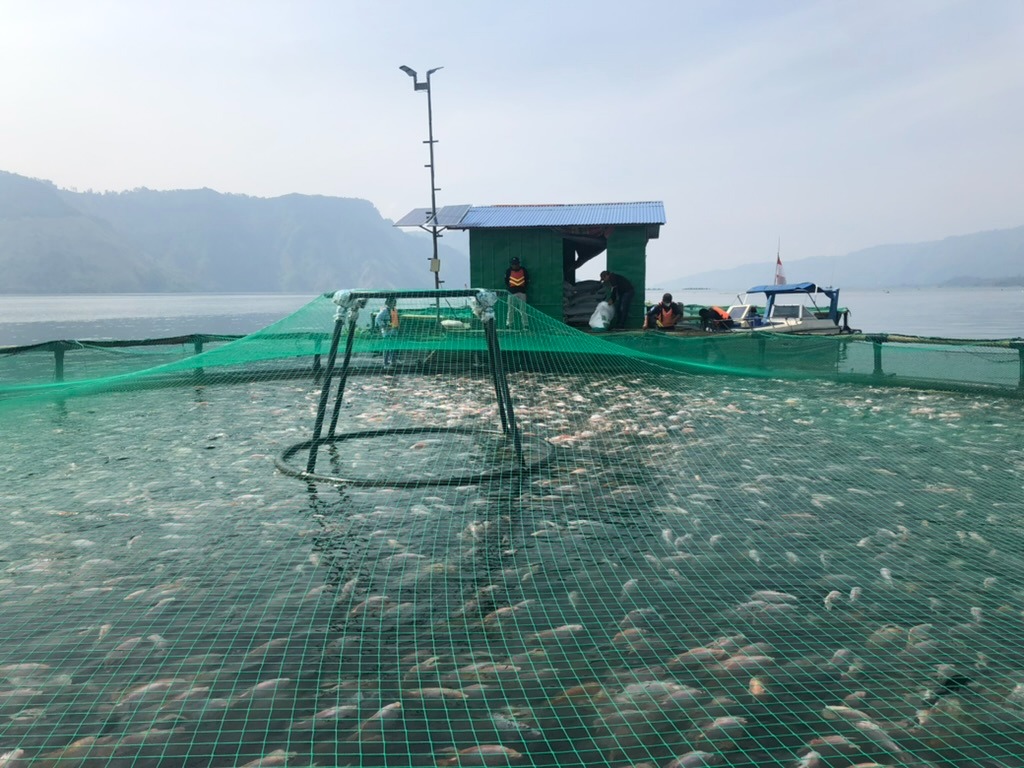Regal Springs joins the IDH-led working group taking tangible action to reduce carbon footprints in the Aquaculture Industry
Regal Springs is now a member of the IDH-led Aquaculture Working Group on Environmental Footprint. The working group is taking actionable steps to address the environmental footprint across the seafood sector and is calling on major feed producers and retailers to get involved.
World population and consumption is growing, resulting in increased pressure on the natural environment; and climate change is a real threat to the ecosystems we operate in. Not only rising temperatures, but also changes in rainfall and the increase of extreme weather such as typhoons and hurricanes can have severe negative impacts on food production.
Aquaculture can provide healthy, high-quality food with significantly lower environmental impacts compared to other protein sources – creating jobs and prosperity, if done sustainably. However, the footprint of aquaculture production differs considerably between feed types, systems, and countries. The Aquaculture working group aims to develop and apply a consistent methodology so that organizations can calculate their aquaculture footprint for various impacts and apply it to every part of the supply chain, from feed ingredients to retail. The main aim of the group is to better measure and reduce the environmental footprint of products.
That’s the mandate of this working group, and at the core of what Regal Springs is working on.
“Regal Springs has been at the forefront of sustainability practice since its inception 35 years ago with sustainability core to our DNA.” Alois Hofbauer, CEO stated. “The move to shore up understanding in our carbon footprint and any improvement is an obvious and natural step and we look forward to working with the Aquaculture working group. We have already embarked upon the journey and taken on board some of the tools that will enable us to set targets in the future.”
Retailers in the United States and European Union are increasingly taking steps to meet carbon reduction targets, and this working group is an opportunity to speed up their efforts in the seafood sector; companies in this group represent different stages throughout the supply chain, and they are reducing their respective carbon footprints, which ultimately contributes to reduction goals set for retailers.
Alois Hofbauer further said: “We are currently piloting the tool developed by IDH, Blonk Consultancy and the working group to measure our carbon footprint and other impacts for our production in Honduras and we will have the first results before the end of the year (2023). The aim is to embrace our learnings and to make changes for the better, together.
Regal Springs is proud to contribute to the partnership with IDH and the working group and is committed to finding solutions that address the most urgent challenges we are all facing.


